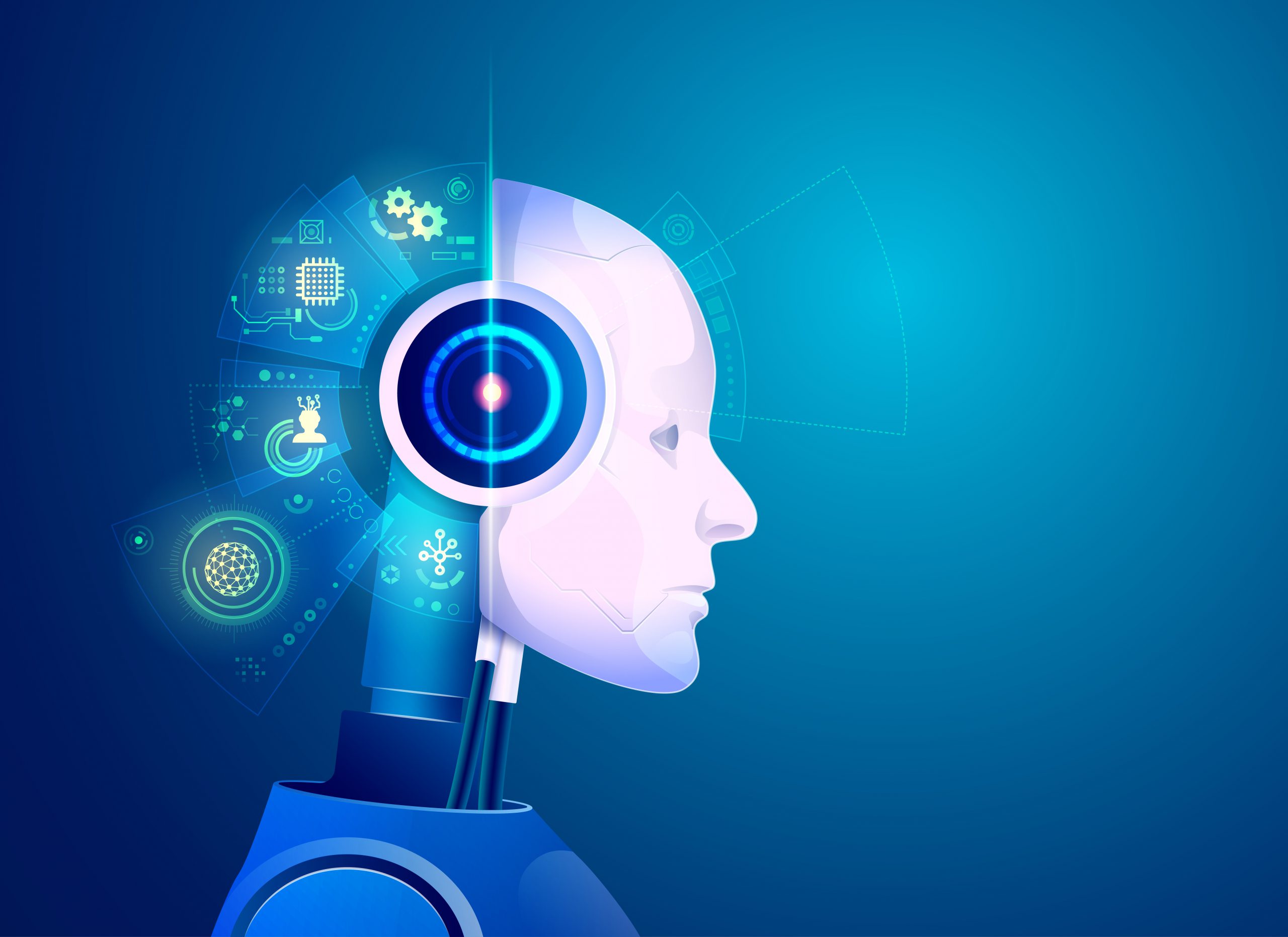
Introduction
As we continue to move towards a more data-driven society, Automated Machine Learning (AutoML) has quickly emerged as an essential tool, fundamentally changing the dynamics of how businesses and organizations function. AutoML embodies the principle of enhancing the efficiency of machine learning processes by automating the complex tasks of machine learning model development. With a vast array of applications, AutoML democratizes machine learning, bringing its benefits to an extensive range of users and, in the process, significantly enhancing data analysis productivity. This article aims to provide an in-depth understanding of AutoML, its essential features, advantages, and the potential future it holds within the sphere of machine learning.
Unfolding AutoML
The explosion of data and the simultaneous growth of machine learning have led to the critical need for effective and efficient machine learning models. However, developing such models traditionally required significant time and expert knowledge, making the process challenging. That’s where AutoML comes into play. AutoML has been designed to handle end-to-end automation of the machine learning process, taking care of data pre-processing, feature engineering, model selection, and hyperparameter tuning. By utilizing innovative algorithms and strategies, AutoML seeks to democratize machine learning, allowing non-experts to build robust models and streamlining model building for improved efficiency.
Diving into the Features of AutoML
AutoML platforms come packed with an array of features, each aimed at simplifying and optimizing the various aspects of the machine learning process. The key components of an AutoML system encompass automated data pre-processing, feature selection, model selection, and hyperparameter tuning.
Automated Data Pre-processing: In the machine learning pipeline, one of the first steps is data pre-processing, which includes data cleansing, handling missing data, and encoding categorical variables. AutoML can automate these often time-consuming tasks, minimizing potential errors and saving precious time.
Automated Feature Selection: Feature selection is a crucial process that involves picking the most pertinent features from a dataset to improve model efficiency. AutoML platforms have the capabilities to automate this, using algorithms to assess feature importance and select the ones that are most relevant.
Automated Model Selection: Selecting the optimal model for a specific machine learning task can often be complex. AutoML eases this process by evaluating multiple models and choosing the one that offers the best performance for the given task.
Automated Hyperparameter Tuning: Hyperparameters in a machine learning model are not learned from data and need to be configured before model training. AutoML tools can automate the optimization of these hyperparameters, enhancing overall model performance.
Advantages of AutoML
Adopting AutoML can yield a plethora of benefits for businesses and organizations:
Enhanced Efficiency: AutoML drastically reduces the time and effort required to develop machine learning models, leading to improved efficiency.
Democratization of Machine Learning: By automating intricate processes in model development, AutoML makes machine learning accessible to a broader range of users, not just experts.
Improved Accuracy: By optimizing hyperparameters and undertaking feature selection, AutoML tools can increase model performance and accuracy.
Scalability: AutoML facilitates the development and deployment of multiple models on a large scale, serving the requirements of extensive data analysis and interpretation.
Envisioning the Future of AutoML
As machine learning continues to evolve and grow, AutoML is anticipated to be a significant player in shaping its future trajectory. The capacity of AutoML to automate complex processes involved in developing machine learning models could democratize machine learning, spurring innovation across various sectors. Furthermore, as the volume of data that organizations generate continues to rise, the demand for efficient, accurate, and scalable machine learning solutions is expected to grow, thereby augmenting the relevance of AutoML in the future of machine learning.
Conclusion
AutoML represents a significant advancement in the machine learning field, making it more accessible, efficient, and scalable. As we continue to traverse the era of big data, the importance of AutoML in developing precise and reliable machine learning models cannot be overstated. Understanding AutoML’s concept, its features, benefits, and its potential implications for the future of machine learning is crucial for anyone keen on tapping into the power of data analysis and interpretation.
Prompts:
1. What is the concept of Automated Machine Learning (AutoML)?
2. Explain the need for the emergence of AutoML.
3. What are the critical features of AutoML?
4. How does AutoML simplify the process of data pre-processing in machine learning?
5. Discuss the role of AutoML in automating feature selection.
6. How does AutoML simplify the model selection process?
7. Elucidate how AutoML helps in the automatic tuning of hyperparameters.
8. What are the significant benefits of using AutoML?
9. How does AutoML contribute to improving efficiency in the creation of machine learning models?
10. Explain how AutoML has democratized the field of machine learning.
11. How does AutoML contribute to the increased accuracy of machine learning models?
12. Discuss the role of AutoML in facilitating scalability of machine learning models.
13. What are the future prospects of AutoML?
14. How can AutoML influence the future trajectory of machine learning?
15. Discuss the significance of understanding AutoML in the context of the big data era.
Find more … …
AutoML (H2O) Project – A Guide to build a classification model in Python using IRIS data
AutoML (H2O) Project – A Guide to build a binary classification model in Python using income dataset